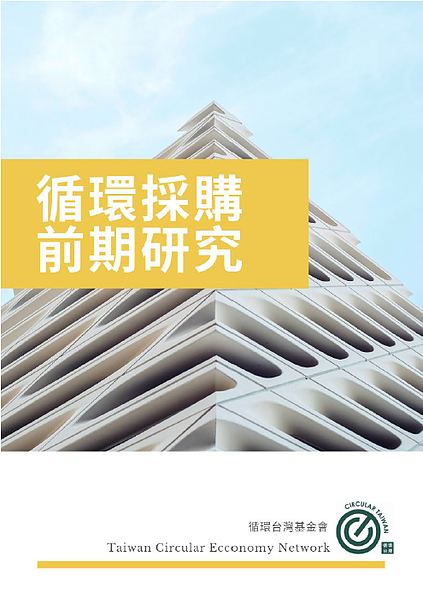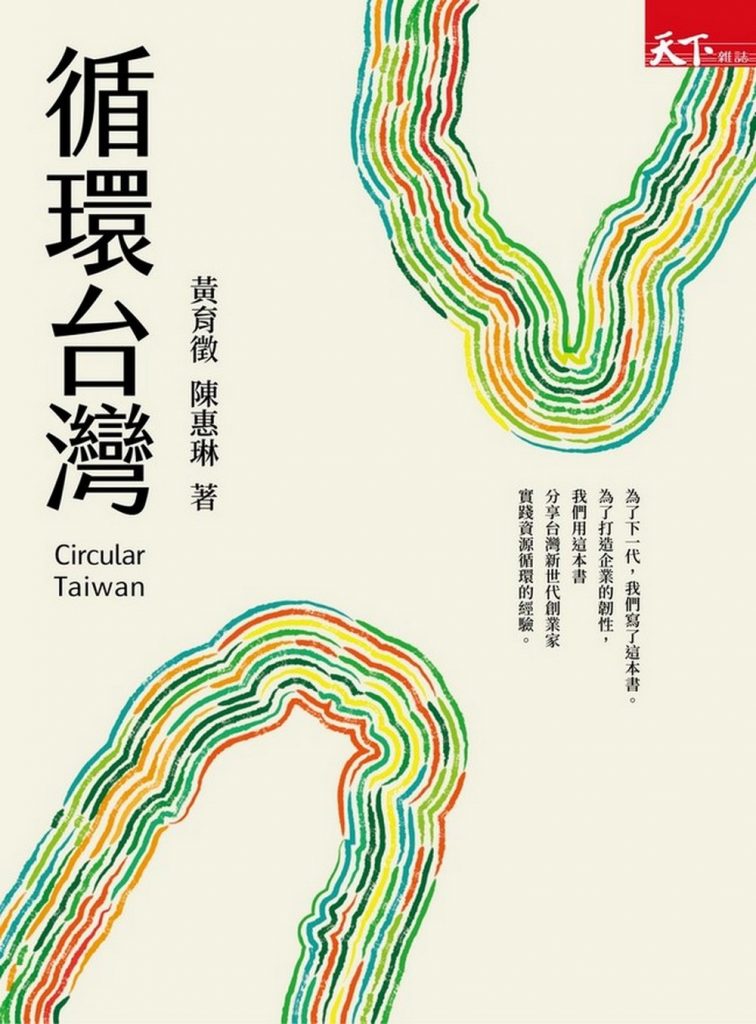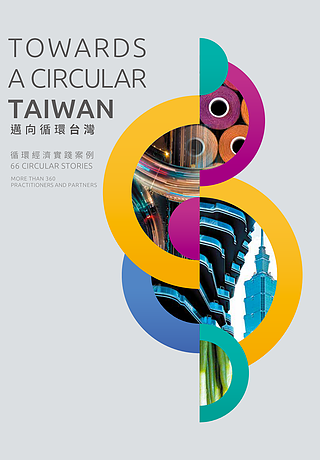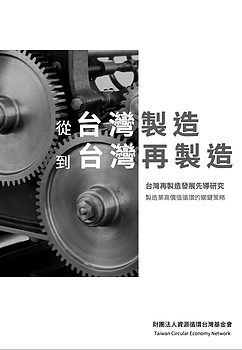Circular Procurement is based on the idea that purchases are made with the principles of circular economy, such as production, product or services, in mind. It requires rethinking needs and long-term partnership between the buyer and supplier. Its benefits are three-pronged:
- Strategically, it strengthens the organization’s resilience
- Financially, it helps to lower costs, and
- Socially, it creates societal value for the company.
To use European nations as an example, they incorporated the principles of circular economy into their green procurement criteria in a strategic effort to use the government’s purchasing power to boost sustainable consumption and production. As a part of its Green Deal, Holland successfully formed a cooperative network of public and private organizations where members could learn from each other, and have now set the goal of spending 10% of its national budget on circular procurement by 2020.
Although Taiwan’s current green procurement is only based on products, and does not include services or construction projects, it’s had some success: In 2017, green procurement consisted of 0.67% of the national budget, and carbon emission levels were reduced by 0.00004. However, because there is a lack of understanding regarding the concepts of life-cycle costs and total ownership costs in the procurement process, it’s been hard to find a new way forward within the rigidity of the current financial process.
Learning from the European nations, we can establish a roadmap for Taiwan’s circular procurement:
- Use the procurement process to promote circular businesses or incorporate regulation in support of circular procurement in the purchasing requirements;
- Promote the four levels of circular economy: acquire circular products/services, support the circular economy business model, encourage industrial symbiosis, and champion circular ecosystems.
The inclusion of circular procurement not only compliments the government’s initiative to support and obtain the development of new digital technology, but it can also offer traditional manufacturing businesses with an opportunity to provide add-on value by adopting a new business model. Priority consideration should be given to the following areas:
- Creation of new uniforms made from materials collected from obsolete uniforms.
- Air condition services
- LED lightbulb services
- Car-sharing services of corporate vehicles.
Since there are differences between Taiwan government’s green procurement practices and those of the European nations, Taiwan should consider replicating Holland’s public-private initiative to establish an experimental plan for the mainstreaming and inclusion of circular procurement in the future.



